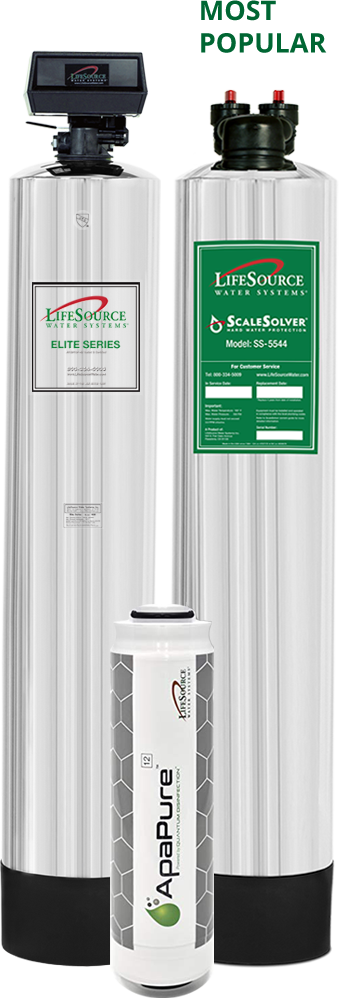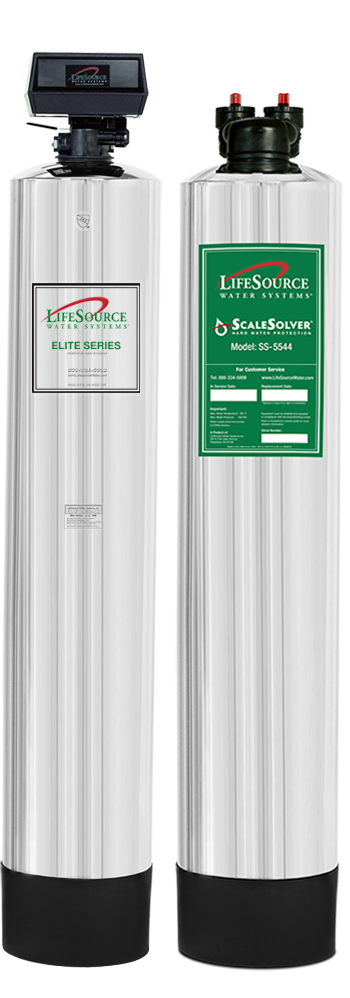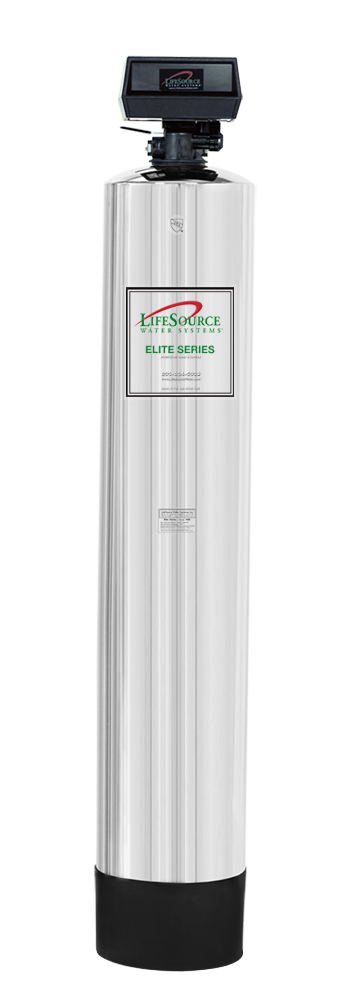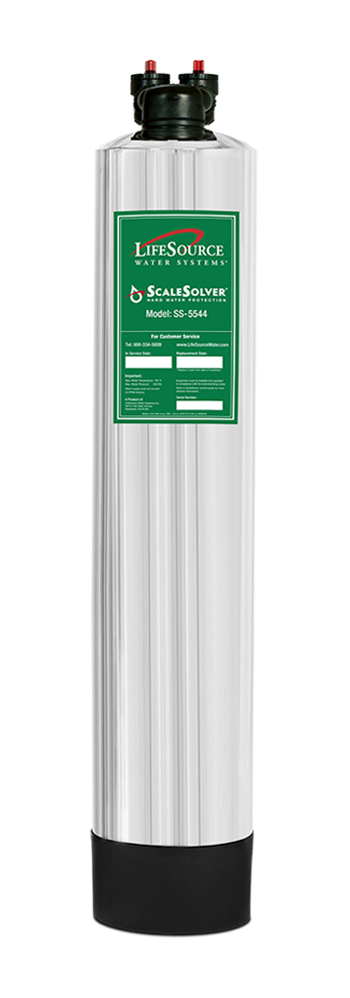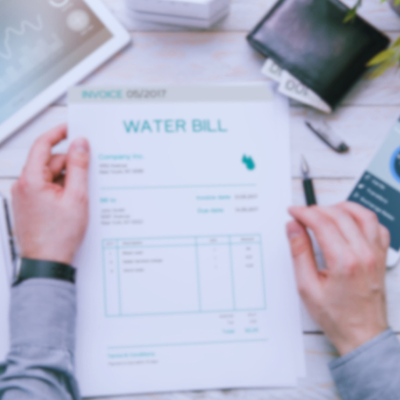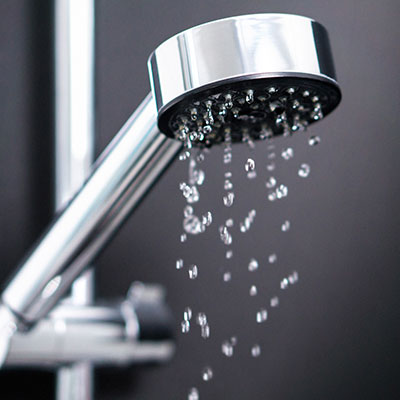
A Guide to the Best Water for Plants
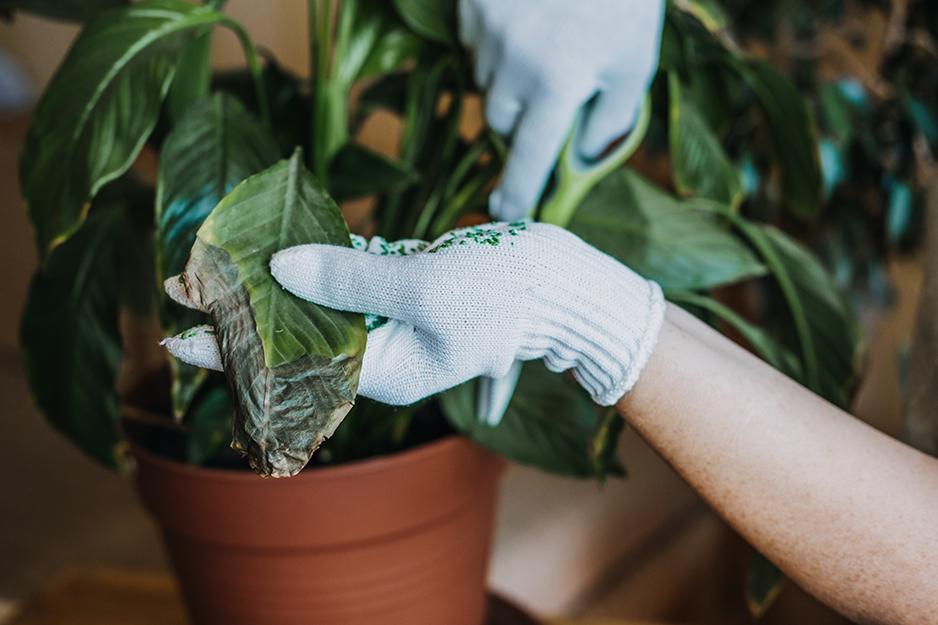
Should I use unfiltered tap water to water my plants?
Typically, the answer is ‘no.’ While some plants may tolerate tap water, others find chemicals in tap water harmful to the roots and soil ecosystem. Chemicals like lead, chlorine, and fluoride may exist in municipal water and private well water.
High alkalinity common in hard water inhibits the growth of and even destroys some plant species. Most plants won’t find pH level changes lethal but may experience color loss or stunted growth.
Should I use distilled water to water my houseplants?
Distilled water is healthy for your houseplants because it’s free from chemicals, metals, and other impurities. But—distilled water also eliminates beneficial minerals, so your plants won’t grow as quickly as with rainwater or filtered water. You can compare whole-house vs. under-sink options here: whole-house vs. under-sink filters.
Keep in mind that houseplants are also more susceptible to additives in water because the containers trap toxins that can build up over time. The soil in outdoor plants helps filter out excess minerals or contaminants.

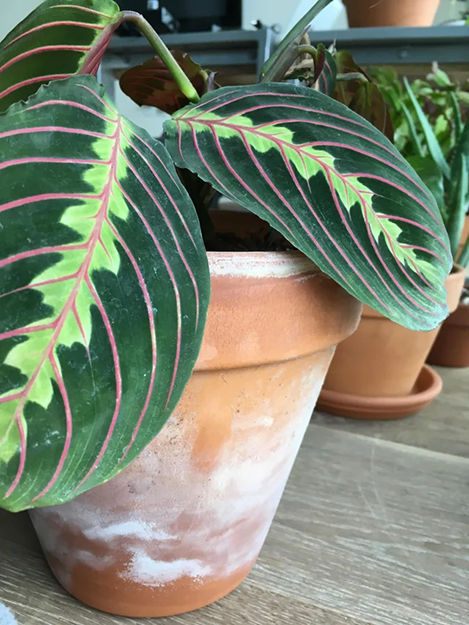
Can I water my plants with softened water?
You shouldn’t. Water softeners replace calcium and magnesium ions in hard water with potassium chloride (a form of sodium) or sodium ions. High sodium inhibits water absorption and disrupts the chemical reactions necessary for food production.
While you may not see any immediate effects from watering plants with softened water, the salt can build in the soil over time and cause problems.
Signs of toxic salt buildup:
-
White crusty buildup on the top of the soil or around the pot
-
Yellowing or browning leaves
-
Burnt leaf tips (if watering regularly)
-
Wilting leaves or speckles on leaves
-
Droopy plant
Alternative Forms of Water
Reverse Osmosis (RO) Water
RO, or reverse osmosis, is a water purification method that removes minerals and impurities such as chlorine, dirt, and salts. Your plants can survive on RO water, but the water lacks all nutrients, even more so than distilled water. If watering on an RO system, we recommend adding a well-balanced fertilizer to your plant's feeding schedule.
Rainwater
The best water for your plants is rainwater. It’s clean and chemical-free. Rainwater contains the highest levels of oxygen, which is beneficial to plants. High oxygen content in water leads to larger root mass, encouraging faster intake of nutrients and plant growth. Like all water, rainwater should be warmed to room temperature to avoid shocking your plants with cold water.
Filtered Water
Water purified without salt is best for cacti, succulents, tropical plants, and other houseplants. Filtered water removes toxins while retaining minerals and nutrients essential for plant growth.
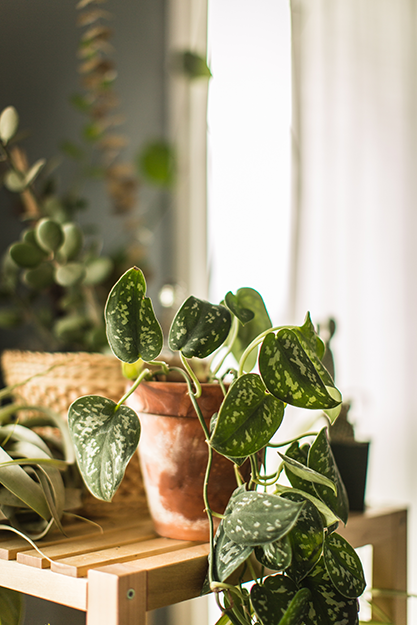
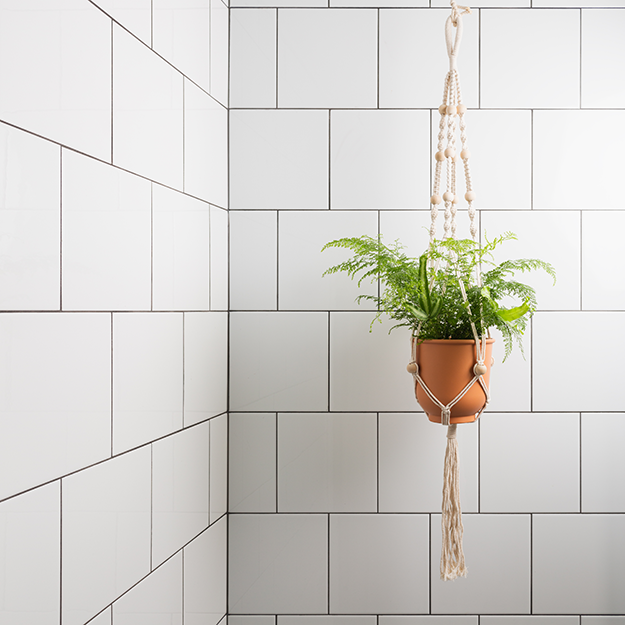
Recycled Water
Aquarium Water
Don’t be fooled by the muddy color. The used water from your fish tank is actually good for your plants. You can recycle Nemo’s tank water while fertilizing your plants with nutrient-rich, chlorine-free water.
Shower Water
Is your tap water untreated, unfiltered, or extremely hard? If so, we recommend refraining from watering your plants with water collected from your scrub-a-dub time. For example, if your hair feels stiff and dry after showering, it’s best to avoid hydrating your plants with this same water. However, if you have a whole house water conditioner, you get clean, filtered water from every tap and shower in your home.
Fertilizers/Mineral-Enriched Water
Spring is generally the best time to fertilize plants because plants actively grow during these months. Fertilizing your plants every 3-4 months may help spur their growth. Fertilization is generally not necessary during winter.
Unsalted Pasta Water
Mineral-enriched pasta includes phosphorous and potassium that boost plant growth. Starchy pasta water also offers organic pest control. A recommended ratio is 1:1 part filtered water and one part pasta water.
Compost Water
Feed plants banana peels and eggshells soaked in water for a potassium and calcium boost. Calcium is vital in forming new cells and strengthening cell membranes and walls. Potassium, in conservative amounts, can encourage plant growth, repel pests and disease, and improve water intake.
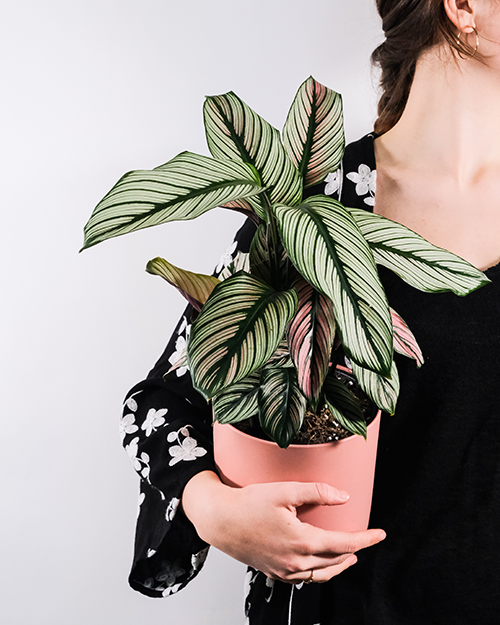
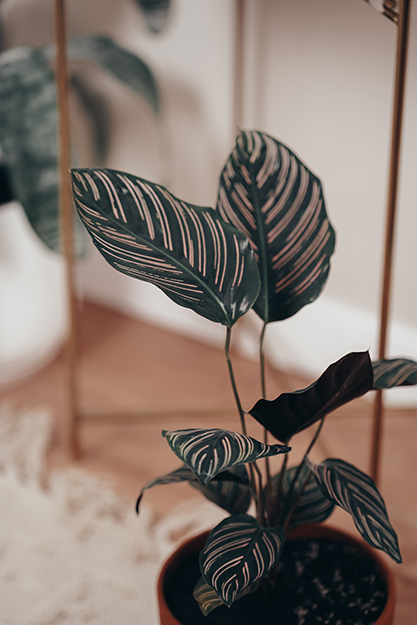
How do you make tap water safe for plants?
Boiling Water
Boiling water for 15 minutes removes chlorine and certain contaminants from tap water. Let stand to room temperature before watering your plants. Hot water under 120°F is generally safe for most plants. Above 120°F, water can burn a plant’s cell walls, causing them to wilt and then die.
Investing in a Whole House Water Filtration System
A whole house system filters the water upon entry, providing you with clean, filtered water straight from every tap and faucet in your home. Filtered water allows plants to absorb nutrients. A whole house water filtration system filters out harmful chemicals while retaining healthy minerals.
It's good for you too!
Learn more here: Why You Need a Whole House Water Filter
Bottom line: What type of water helps plants grow faster? Room-temperature rainwater or filtered water, when supplemented with fertilizer, helps encourage plant growth. Aside from water quality, don’t forget to consider the moisture and light requirements, soil mix, container size, and frequency of watering.
Are you thinking of investing in a whole house water filtration system? Speak with one of our LifeSource Water Experts.
FAQs
Is tap water okay for houseplants?
It depends on what’s in it. Many plants tolerate chlorinated tap water, but chloramine can be harder on sensitive species and doesn’t dissipate by standing or boiling.
Does boiling remove chlorine or chloramine?
Boiling/standing helps with chlorine; chloramine typically requires catalytic carbon or a dechloraminator.
Is rainwater really the best?
Often, yes—it’s low in salts and free of added disinfectants. Always bring to room temperature.
Is distilled or RO water better?
Both are very low in minerals. They’re good for sensitive plants, but you’ll want to fertilize regularly to replace calcium, magnesium, and micronutrients.
Why avoid softened water?
Sodium/potassium salts from softeners accumulate in potting mixes and can cause leaf burn, wilting, and stunted growth over time.

